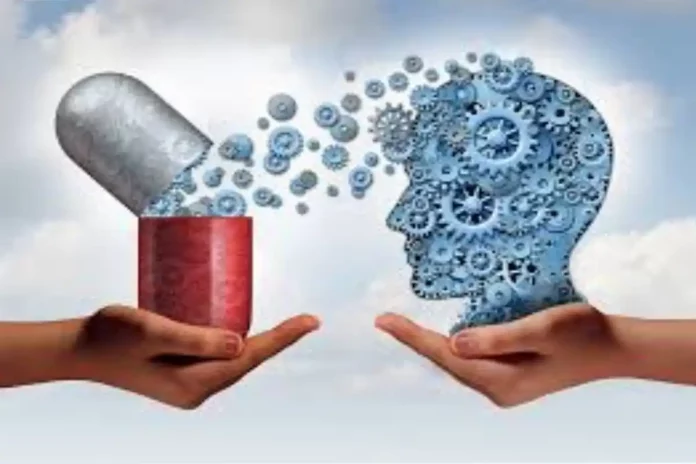Drug Recovery 101: 6 Tips to Help You Get Sober
Alcoholism and addiction are serious health issues affecting millions of people. However, the average time it takes to recover from addiction varies depending on the type of substance abuse. Although there is no specific timeline for recovery, people go through withdrawal symptoms for weeks or months before they start feeling better.
Sober living is a lifestyle choice that involves sobriety from drugs, alcohol, and other intoxicants. However, some people require professional help from treatment centers to recover, while others recover naturally. Here are six tips to help you get sober.
Table of Contents
1. Note your Triggers
People relapse after drug recovery treatment, mainly because they fail to identify their triggers and deal with them accordingly. For total recovery, you need to identify external triggers like the people, things, activities, or places that cause you to crave or think of using drugs.
In addition, identify internal triggers like thoughts, feelings, and emotions that push you to use drugs. Once you identify these triggers, create a detailed plan to prepare for them or avoid them as part of your drug recovery journey.
2. Create a Plan to Deal With Post-acute Withdrawal Symptoms
Withdrawal symptoms mostly persist during the detox phase in drug recovery. Such symptoms include depression, fatigue, irritability, anxiety, and sleep problems. Unfortunately, post-acute withdrawal symptoms (PAWS) can last from six months to two years after stopping drug use, depending on your dependency type. So, identify PAWS symptoms, create a plan to cope with them, and know when to seek help.
3. Identify Potential Relapse Signs
At the drug recovery facility, addicts are warned of potential relapse. The best way to handle a relapse is to identify the warning signs, or relapse will ambush you. Understand the three phases of a relapse (physical, emotional, and mental) and the warning signs associated with each phase. Some relapse warning signs include having addictive thought patterns, close contact with substance abusers, irrational thoughts, and irresponsible behavior.
4. Create New Habits and Routines
Drug recovery requires a complete change of habits and routines. Going through treatment and returning to your old routines and habits is a recipe for relapse. You need to find new places to hang out and avoid being overly social with people who use drugs. In addition, it may be necessary to change your route to avoid people or places that may act as triggers.
5. Work on Your Relationships
The people you love suffered the most during your addiction. So, after drug recovery, it is important to nurture those relationships and avoid all other unhealthy or toxic relationships. Toxic relationships heighten the chances of a relapse. It is important to build healthy relationships to remain sober.
6. Embrace Healthy Living
Drug use leaves your health in shambles both emotionally and physically. After drug recovery, it is wise to practice healthy living by eating balanced meals, getting enough sleep, exercising regularly, and practicing relaxation strategies like yoga and meditation.
Conclusion
Drug recovery doesn’t end after the drug recovery program ends. In fact, this is when the actual work begins since you will no longer be in a facility. Therefore, it is important to follow these steps and get support from people who want the best for you to remain sober.

